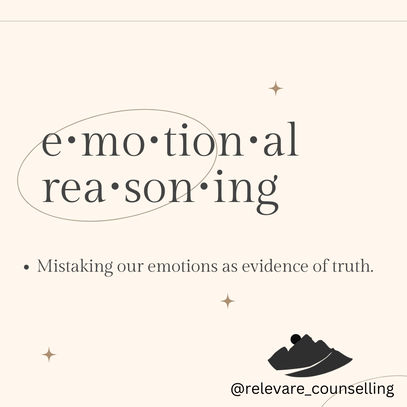|
Thinking traps are an excellent way of catching ourselves from falling into negative spirals or depressive episodes. It’s hard not to fall into these traps sometimes, especially because our mind becomes primed to think this way when distressed as a form of coping. We must be careful not to pathologize ourselves or others when thinking traps occur. Being able to recognize thinking traps as they happen can be useful to help us unhook, step back and observe, and channel our energy into effective living.
Here are some classic types of thinking traps with their definitions, examples, and antidotes. Dichotomous Thinking
Overgeneralization
Selective Abstraction
Minimization
Arbitrary Inference
Emotional Reasoning
Unrealistic Expectations
Magnification
Catastrophizing
Personalization
Defensiveness
Isolation
Confirmation Bias
Fallacy of Change
Magical Thinking
Irreversibility
Personal Fable
Imaginary Audience
0 Comments
Leave a Reply. |
Lee AtwoodLee Atwood is a psychologist and manages his private practice, Relevare Counselling, in Calgary, AB. He offers in-person and online services for mental health issues such as: sex/porn addiction, couples counselling, job burnout, stress reduction, parenting, religious trauma, men’s issues, and helping people on their journey of recovery and healing.
Archives
January 2023
|



 RSS Feed
RSS Feed